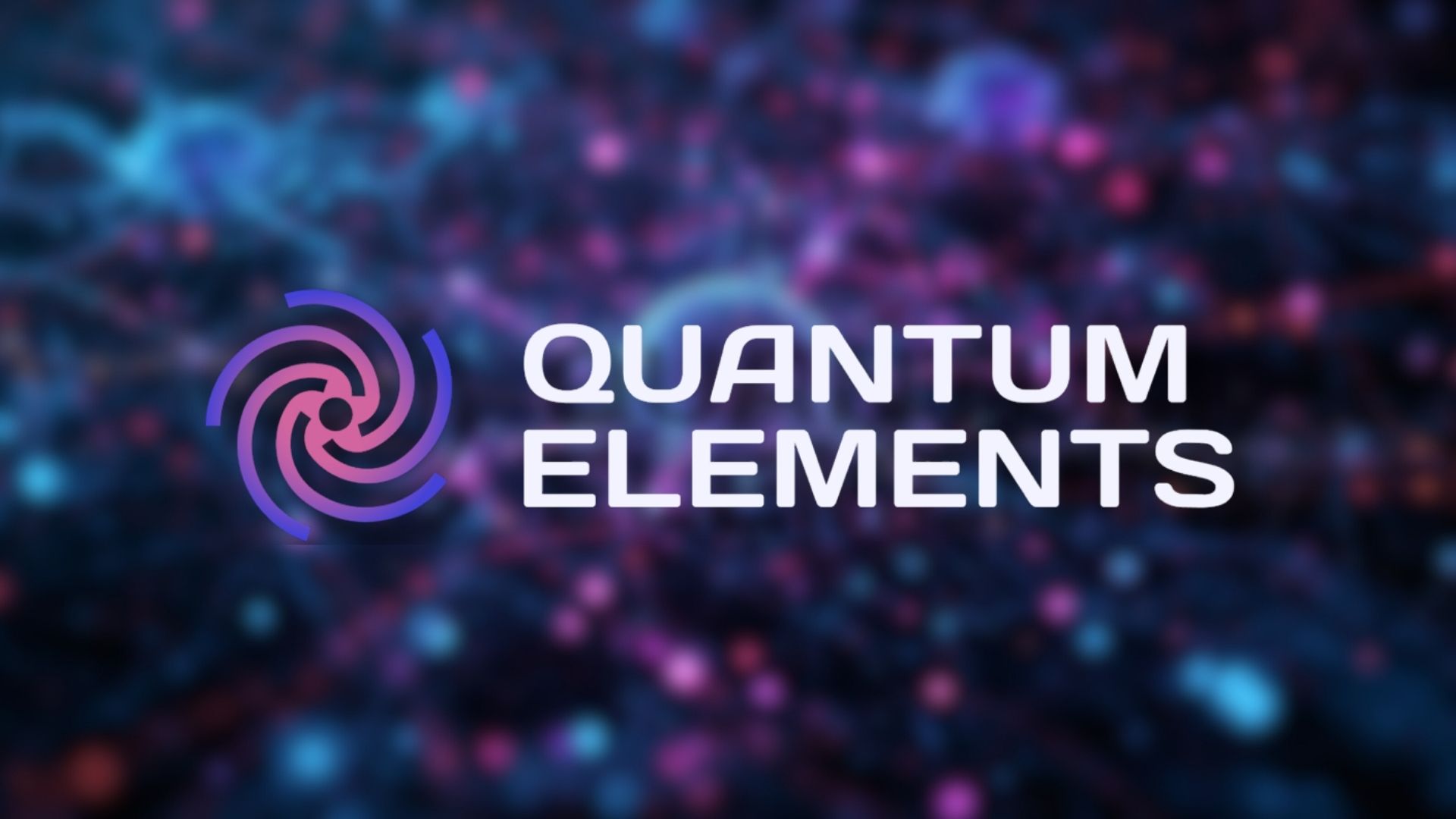China’s AI sector could narrow the technological AI gap with the United States through growing risk-taking and innovation, according to leading researchers. Despite export controls on advanced chipmaking tools, Chinese firms are accelerating development across multiple AI fields.
Yao Shunyu, a former senior researcher at ChatGPT maker OpenAI and now Tencent’s AI scientist, said a Chinese company could become the world’s leading AI firm within three to five years. He pointed to China’s strengths in electricity supply and infrastructure as key advantages.
Yao said the main bottlenecks remain production capacity, including access to advanced lithography machines and a mature software ecosystem. Such limits still restrict China’s ability to manufacture the most advanced semiconductors and narrow the AI gap with the US.
China has developed a working prototype of an extreme-ultraviolet lithography machine that could eventually rival Western technology. However, Reuters reported the system has not yet produced functioning chips.
Sources familiar with the project said commercial chip production using the machine may not begin until around 2030. Until then, Chinese AI ambitions are likely to remain constrained by hardware limitations.
Would you like to learn more about AI, tech, and digital diplomacy? If so, ask our Diplo chatbot!









